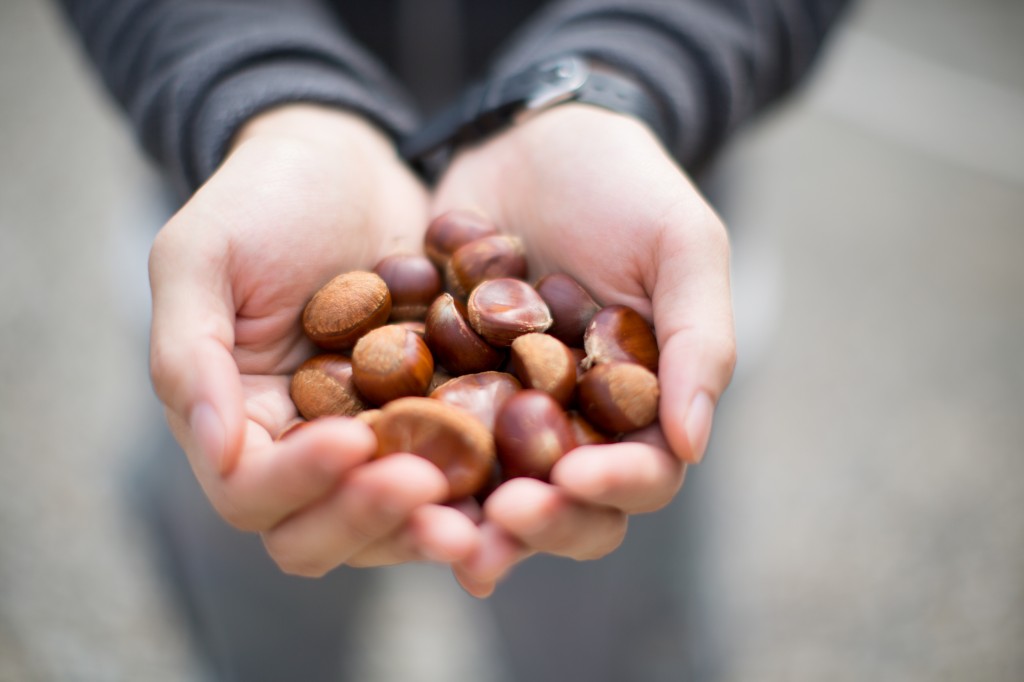The 7 chestnuts of personal finance
Crack these and you'll be well on your way to financial independence
Advertisement
Crack these and you'll be well on your way to financial independence

Share this article Share on Facebook Share on Twitter Share on Linkedin Share on Reddit Share on Email